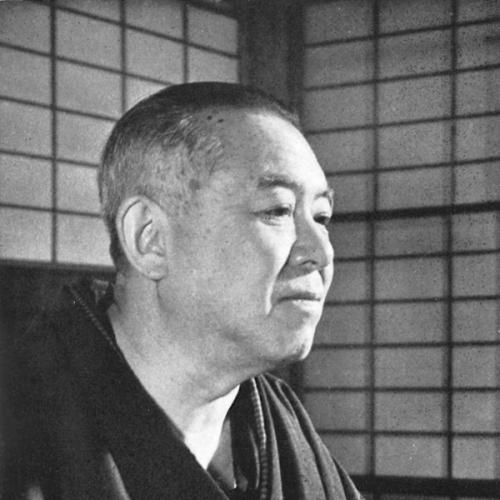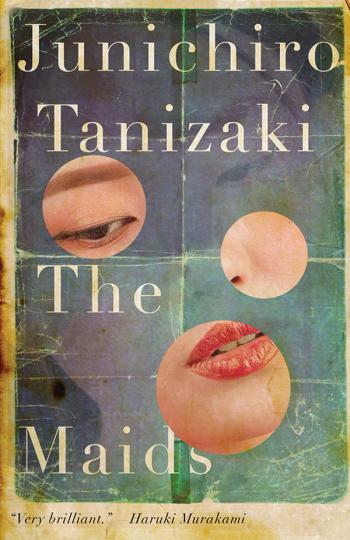The Maids, Tanizaki’s final novel, sparkles like a jewel. Over the years—before, during, and after WWII—many young women work in the pampered, elegant household of the famous author Chikura Raikichi, his wife, and her younger sister. Though the family’s quite well-to-do, the house is small: the proximity of the maids helps perhaps to explain Raikichi’s extremely close, and somewhat eroticized, observation of all their little ways.
In the sensualist patrician Raikichi, Tanizaki offers a richly ironic self-portrait, but he presents as well an exquisitely nuanced chronicle of change and loss: centuries’ old values and manners are vanishing, and here—in the evanescent beauty of all the small gestures and intricacies of private life—we find a whole world passing away.



